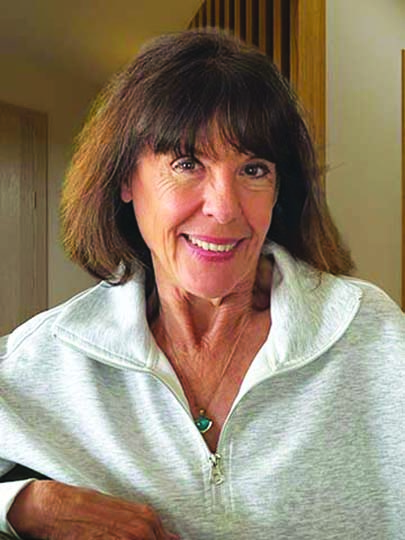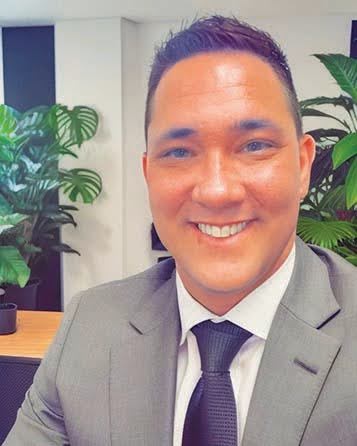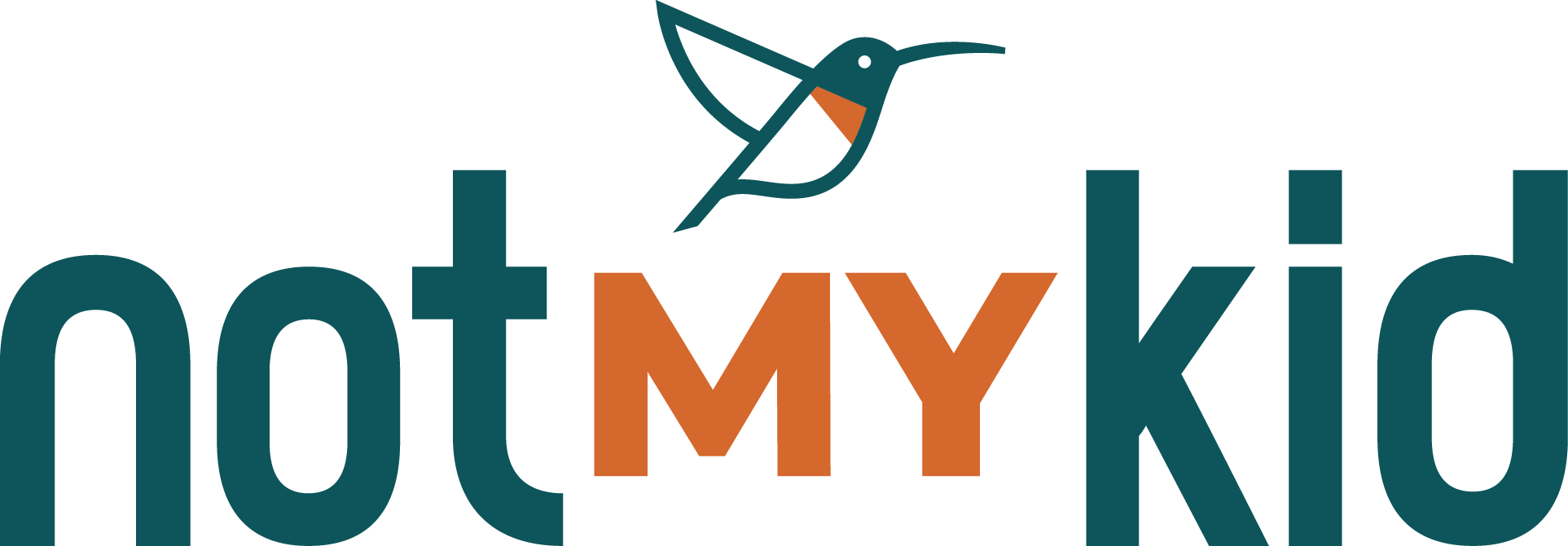You’re Not Alone
Reclaiming Connection in the Age of Isolation
By Michelle Sheydayi
Chief Marketing Officer, Scottsdale Providence Recovery Center
In today’s 24/7, non-stop world, our high-performance, efficiency-obsessed culture generally frowns upon asking for help. In the professional world or even one’s personal life, one may think asking for help projects the image of helplessness or that one is “crazy” or “broken.” All of this unfortunately leads to individuals suffering in silence. Thousands of people struggling with mental health issues are living in fear of ridicule, rejection, material losses, and even banishment from their families and communities.
It’s Time to Shatter the Stigmas
While there are a number of valid critiques of the modern mental health industry, including overpathologizing the human experience and its profit motive, getting help does not have to be defined as a product to be purchased. Getting help and encouraging those who need help by creating more supportive environments and breaking the stigma around these conditions can be simple and accessible to anyone.
With a vast amount of resources available for those struggling with mental health concerns, how do we normalize asking for help, break down barriers, and shatter the stigmas of these conditions? One place to start is at home. Normalizing the discussion of feelings, healthy expression of emotions, and the sharing of the “story behind the story” can establish a family culture of vulnerability rather than hiding or masking. We recommend learning about the wide range of emotions to describe with more accuracy the experiences you may be having. A good resource for learning about emotions is the book, “Atlas of the Heart” by researcher Brene Brown, PhD, LCSW.
Starting a family ritual of check-ins over a shared meal can be a small way to open the door to deeper connection and normalizing the vast array of emotional experiences an individual may have on a daily basis. Starting small and making this a habit will lead to a natural tendency to share about the bigger challenges or issues when they may arise. Inviting connection with open-ended questions, focusing your sharing on your internal processes and feelings, and asking follow-up questions will create more opportunities to lower defensiveness and increase the likelihood that help will be accepted. When the family norm is that one is safe to share, the struggling individual will have an easier time overcoming the internal barriers and reaching out for help and support.
“Careless jokes or dismissiveness about other people struggling with addiction or mental health concerns in society or in the media reaffirms a culture of silence and shame.”
One other possible exercise could be creating a family genogram together. A genogram is a detailed visual tool that illustrates the “family tree,” with details about the family history including relationships, education, migrations, mental health and substance use challenges, births, marriages and deaths, chronic illness, major life events, occupations, and even emotional and social relationships. This is a powerful way to identify historical and heritable patterns to gain insight into your own experiences and the experiences of your loved ones. Often, this is all it takes to get the conversation going and create a more open dialogue around a present-day issue. There are many free online resources for learning more about creating a genogram, including genopro.com/genogram.
More Compassion and Love
Establishing a family culture of love, compassion, and curiosity is another key component to reducing stigma and reaching individuals so they do not feel so alone in their struggles. Careless jokes or dismissiveness about other people struggling with addiction or mental health concerns in society or in the media reaffirms a culture of silence and shame. On the contrary, verbalizing support or endorsement of celebrities or public figures seeking mental health or addiction help can encourage people around you to be comfortable enough to admit they are struggling.
Outside the home, the interconnectedness of society through the Internet and Social Media has given individuals and entities across the world a voice. Behavioral health organizations and professionals have a large platform and a wider reach than ever to let those suffering in silence know and feel that they are not alone. They have a unique opportunity as expert resources to illustrate how conditions may arise in daily life to better help with self-identification and encourage people to seek professional guidance. At Scottsdale Providence, we often have clients inquire about admission following a long period of research online and self-identification with mental health conditions. While this is not a substitute for professional diagnosis and interventions, it can increase the likelihood that a person will eventually seek professional help and increase people’s belief in their own abilities and inner wisdom.
True Belonging
Being in a state of over-connectedness through technology, there are real concerns about the substitution of Social Media for real, authentic human connection. By working to distinguish between the facade of connection and the felt reality of true belonging, one will move into a more secure state of relationship to others and restore the bonds that increase resilience across time. It is encouraged to take relationships and vulnerability into the “real world” and have tough conversations in person, rather than over text or Social Media.
One way to practice this could be to invite a friend or family member to a “device-free” activity or day. By setting intentional time and device boundaries, you will encourage deeper and more spontaneous conversation. If you have been struggling or if you have a loved one who seems to be struggling, this is the best way to start to move toward more open communication about these issues.
Regardless of where one starts, the most important thing is to start. Even a simple “I’m thinking of you” phone call or taking an uninterrupted moment to ask someone how they are doing will often be enough effort to bridge a more serious conversation. For more immediate or urgent assistance for yourself, or someone you love, reach out to the 24/7 Suicide and Crisis Lifeline which can be reached by texting or calling 988.
 Michelle holds a Bachelor of Science in Psychology and a Graduate Certificate in Nonprofit Management and Leadership from ASU. Since 2017, she has worked in the behavioral health field. Michelle brings a comprehensive understanding of patient-centered care and evidence-based practices to her interactions with professional referral partners and clients. She adheres to a philosophy of compassion, integrity and service when working with individuals facing challenges related to substance use, trauma, or mental health concerns. Scottsdale Providence 480-210-1734.
Michelle holds a Bachelor of Science in Psychology and a Graduate Certificate in Nonprofit Management and Leadership from ASU. Since 2017, she has worked in the behavioral health field. Michelle brings a comprehensive understanding of patient-centered care and evidence-based practices to her interactions with professional referral partners and clients. She adheres to a philosophy of compassion, integrity and service when working with individuals facing challenges related to substance use, trauma, or mental health concerns. Scottsdale Providence 480-210-1734.



































